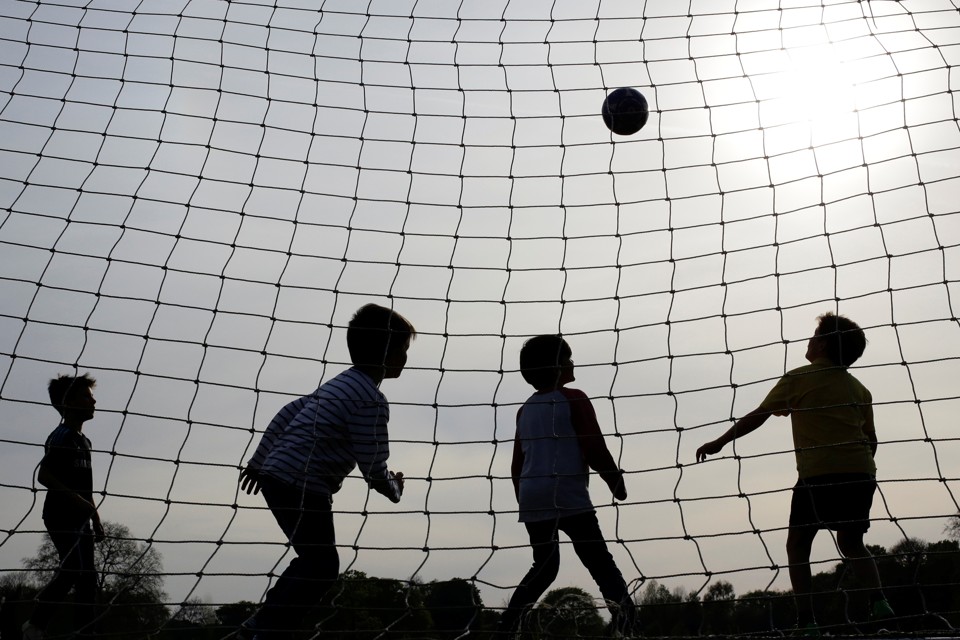Students Who Play Do Better in School

Google the definition of play and the first thing that pops up is this: “[To] engage in activity for enjoyment and recreation rather than a serious or practical purpose.”
Jack Shonkoff, the director of the Center on the Developing Child at Harvard University, finds that language supremely frustrating. “It’s not taking a break from learning when we talk about play,” he told me, rattling off a litany of cognitive, physical, mental, and social-emotional benefits. “Play is one of the most important ways in which children learn.”
But in the mid-2000s, the federal No Child Left Behind education law—which emphasized test scores—prompted some schools to scale back recess (along with art and music) to spend more time on math and reading. Other schools eliminated recess because it was the source of a disproportionate number of discipline issues and a headache for administrators. The rollback wasn’t quite as extreme as some of the headlines seemed to indicate (After all, what better way for opponents of the law to push back than to put out the word that recess was on the chopping block?), but it did leave hundreds, even thousands, of kids without time during the school day to play outside. Some studies suggested that as many as 40 percent of school districts across the country reduced or cut recess. Even today, only a handful of states actually require recess. And many of the students affected by recess cuts were low-income children, disproportionately black and Students Who Play Do Better in School - The Atlantic:
